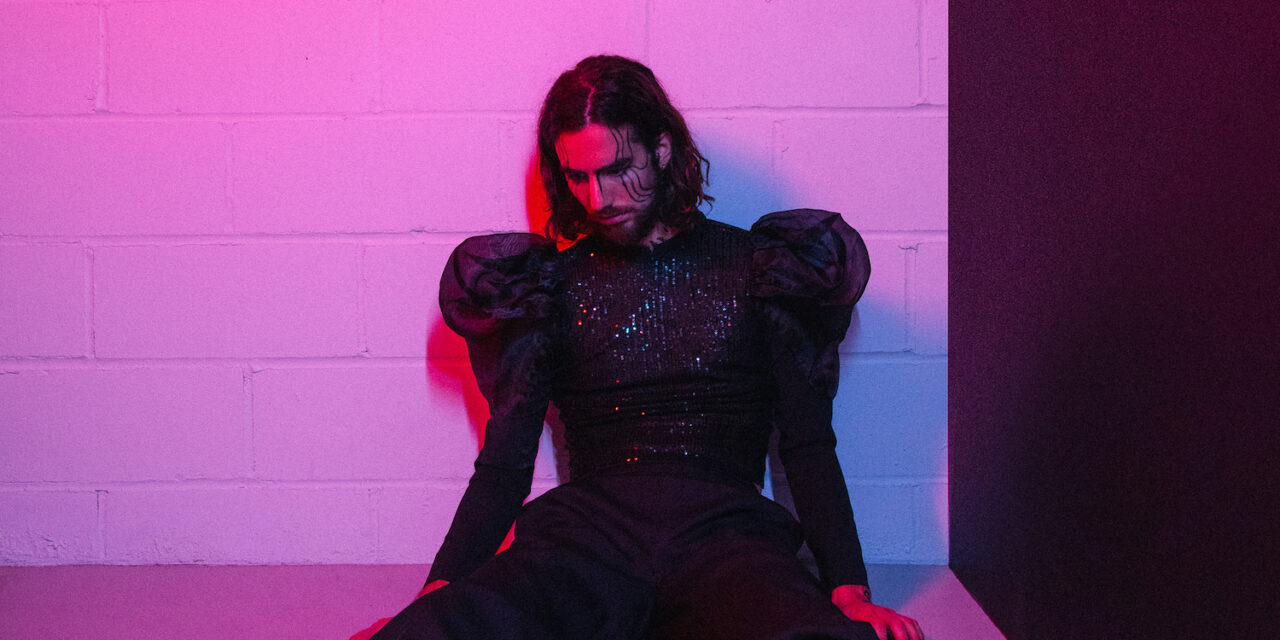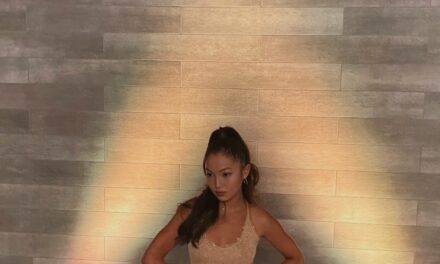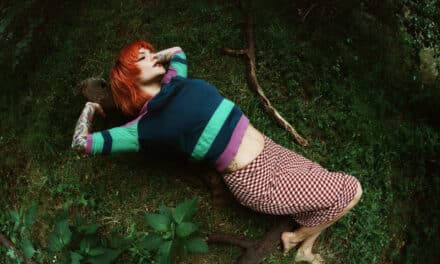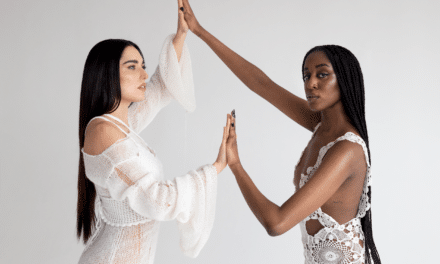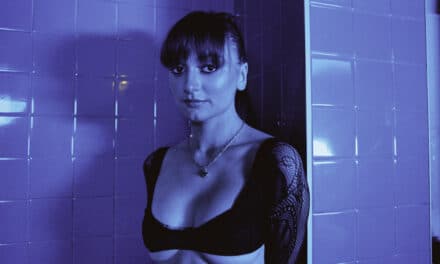New York City singer, songwriter & multi-instrumentalist Miles Francis debuted kaleidoscopic new single & video for “Popular.” Featuring Lizzie Loveless and Lou Tides (aka Lizzie and Teeny Lieberson, formerly of TEEN) on background vocals, the track resulted from a forthcoming project interrogating masculinity, male conditioning, and their own gender identity.
About “Popular,” Francis explains: “Everyone indulges in having an ego and wanting to be recognized, but men seem particularly bent on the power element — whether it’s taking up space in a room or leading a country.”
And if that wasn’t enough, Overcoats just shared a party-ready remix of “Service” from polymathic NYC artist Miles Francis (who has also collaborated w/ Arcade Fires Will Butler, Angélique Kidjo, Sharon Jones & The Dap-Kings). From Hana Elion from Overcoats: ““I tried to bring the percussive energy of a Marvin Gaye song with the modern elements of Bruno Mars’ Uptown Funk.”
Tell us about the story of your act
In the 90s, I was born and grew up in New York City. I listened to a weird mixture of music due to my parents having very different taste. My dad listened to jazz and funk music like Chet Baker and Sly and the Family Stone, whereas my mom loved pop/rock music like Bruce Springsteen and Beach Boys. I started playing drums, and my dad and I would record songs together on a tape machine.
In the 2000s, I became obsessed with bubblegum pop – Backstreet Boys, Britney, etc. I eventually rebelled against that and took a dark turn to hard rock. I was basically being swept around by whatever the dominant cultural moment was. The music my parents listened to when I was a child began to finally seep into my own taste, and I began exploring different music more widely to expand my palette. I began writing my own songs and recording them on Garageband, layering myself over and over on each instrument using my laptop microphone.
In the 2010s, I found Afrobeat – the music of Fela Kuti and Tony Allen – which totally engulfed me and helped me find my own musical voice. I also found Prince, whose melodic and rhythmic sense instantly spoke to me. D’Angelo, Erykah Badu, Talking Heads – all of these artists had a profound impact on me. I joined Antibalas, which began my professional career, and also had my own band called EMEFE. I eventually joined the solo project of Will Butler of Arcade Fire as his drummer. I spent years on the road touring with different artists (Angelique Kidjo, Amber Mark, and more) – and writing my own songs on the side.
In the 2020s, all of my influences and experiences have coalesced into my own musical project. I am proud of the album that I am on the verge of releasing into the world. I have a lot of music to share, and am excited to do so consistently for many years to come.
What is the message behind your art?
I always strive to give light to anxieties and little thoughts that occupy space in our minds, because that’s what I write about naturally. My upcoming album is meant to illustrate different aspects of the male psyche in particular. What drives men’s behavior, what is going on inside that is impacting their outside presentation? In a broader more grandiose sense, how can we get through to men, to foster a new idea of masculinity? I feel these are imperative questions right now, as men are driving many parts of our society into the ground, and there is a real fight happening to save it. Through writing these songs, I was investigating what maleness means for the men around me and also my own maleness. I eventually found my non-binaryness as a result, which was an unintended but very welcome result of these investigations!
Who is an artist that you look up to more than others today?
Donald Glover comes to mind – how he has navigated different areas of the entertainment industry while keeping his own vision and voice intact. He’s also one of the few artists with some detachment to social media, which I find refreshing – he has retained a lot of privacy for his personal life.
All time favorite record?
Abbey Road – The Beatles. I can’t escape this album!
Tell us about your latest release and how it came about
Over the past couple years I’ve written a lot of songs about my own maleness and about maleness in general – ego, anxiety, weakness… there’s a lot to dive into. My most recent single, Popular, is all about narcissism. I recorded it in my basement studio. First, I set up a drum machine loop and recorded the guitar part – then I recorded the live drums. The guitar and drums are the real drivers of the song. Then the synth bass, synthesizers, and everything else came later.
You seem to be fusing several musical genres. What inspires your sound?
I try not to pay too much attention to genre, I like the idea that “genre” is just what comes out when I make music. Each song calls for something different, depending on my mood or what I am trying to convert – and it is all under the umbrella of me.
What excites you the most about what you do?
Sharing my world with others. When I make music it is a reflection of what’s going on inside of me. When that music is shared with the world, I feel seen and heard, and hopefully the music connects with people in a way that makes them feel seen and heard too.
Where do you see yourself in 5 years?
Still making records, still running a studio – but with way more dogs running around.
Your style is very original and elaborate. How do you take care of your aesthetics?
I just keep my head down, follow my inspiration and try to stay honest to myself. Whether it’s finishing a song, working on a music video, or just posting on social media, I stick with my vision and always make sure I’m being myself.
What was the most daunting moment in your career so far?
I’ve played Carnegie Hall a couple of times, drumming for Antibalas and Angelique Kidjo. I don’t usually get nervous before performing, but I got a little jittery before getting on that stage!
What is the best advice you’ve ever gotten?
Victor Axelrod (of Antibalas and the Dap-Kings) once told me, in speaking about drummer Tony Allen, to focus on what he is NOT playing instead of what he is playing. It taught me to hear and value space in music more. He also introduced me to the concept of unlearning your technical vocabulary to help you express yourself more honestly.

